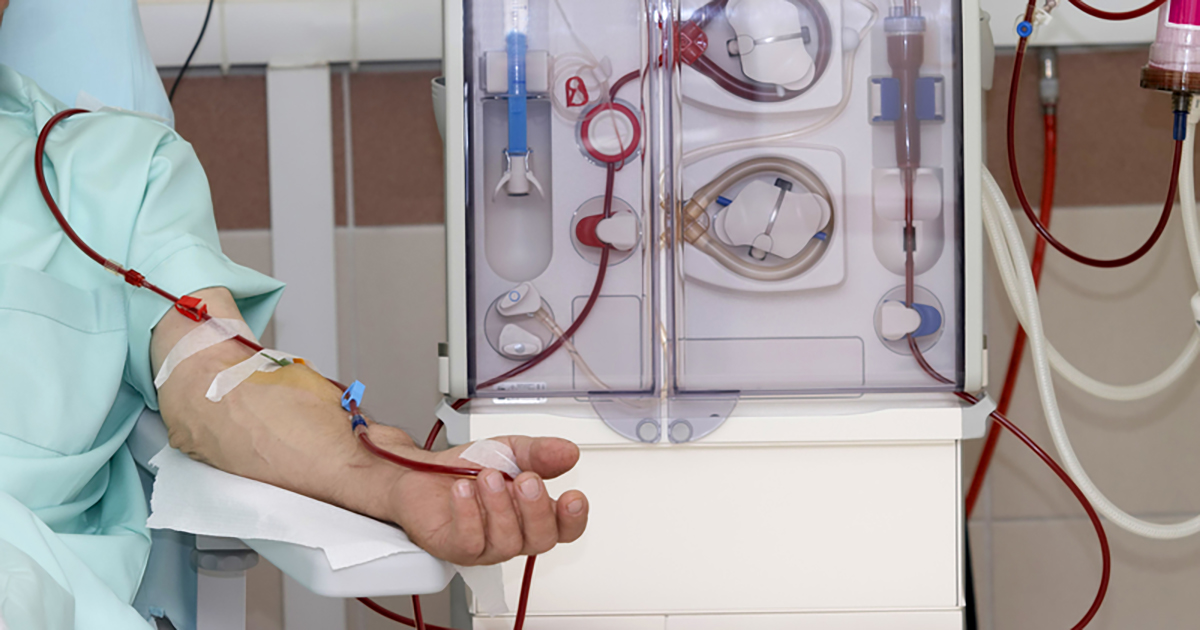How To Treat And Prevent Toxic Shock Syndrome
Toxic shock syndrome is a dangerous, even life-threatening bacterial infection. The infection can occur in individuals who have had recent surgery or open wounds and can also affect women who use super-absorbent tampons and leave them in for an extended period. The infection is typically caused by the Staphylococcus aureus bacteria and streptococcus bacteria. When these bacteria invade the body, they produce toxins that can cause toxic shock syndrome.
The signs of this condition are fever, vomiting, diarrhea, low blood pressure, headaches, seizures, muscle aches, and confusion. There are several ways to prevent toxic shock syndrome, including taking care of open wounds, paying attention to feminine hygiene, and washing hands frequently. Taking these precautions can lessen a patient's chances of acquiring this serious medical condition.
Emergency Medical Care

Since toxic shock syndrome is associated with having open cuts or burns on the skin, be sure to keep them clean until they are fully healed. The use of tampons can also cause bacteria to flourish. So, monitoring the amount of time you use these products can minimize the risk of developing toxic shock syndrome. This is a serious illness and requires immediate medical attention to avoid complications.
If you find you have any of these symptoms, go to the hospital to receive emergency medical care, as untreated, toxic shock syndrome can lead to renal failure, shock, and death. When you receive emergency medical care, the physicians can evaluate and treat the condition immediately. The treatment may minimize complications and save patients from a life-threatening situation.
Dialysis

When the staphylococcus and streptococcus bacteria enter the body and spread toxins, the internal organs and bloodstream are compromised. Medical procedures such as thyroidectomies, suction lipectomies, and mammoplasties make a patient more susceptible to toxic shock syndrome. When someone has the infection, their blood is affected, and white blood cell counts rise. Blood serum levels decrease, and the bacteria can interrupt the normal functions of the lungs, liver, and kidneys.
If toxic shock syndrome causes the kidneys to fail, dialysis may need to be administered. This treatment removes toxins from the blood and helps restore kidney function. During the procedure, the patient's blood is processed through a dialyzer made of tiny fibers. It cleans the blood and returns it to the body. The kidneys are a vital organ and allow the body to process water and minerals. When they are infected, health is comprised. Thankfully, dialysis can assist with getting rid of bacteria.
